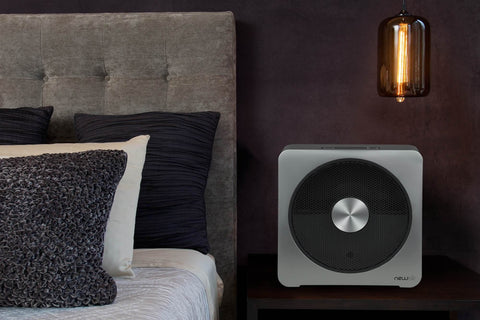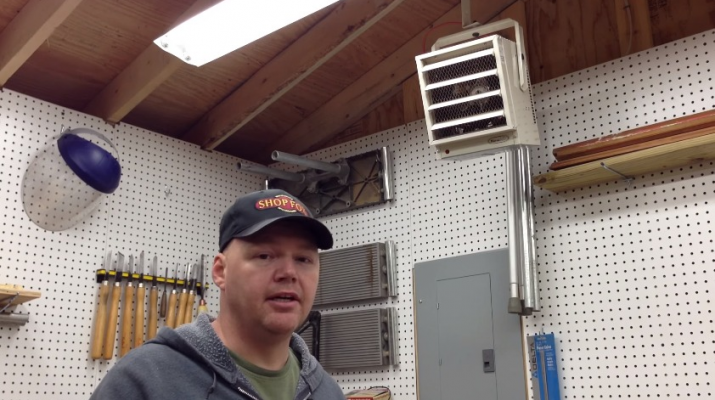Electric Heater Information
All About Watts, Volts, and BTUs
Wintertime Edition
When performing home upgrades or buying new appliances such as heaters, you should consider factors including volts, watts, and BTUs.
You may have noticed that the outlet used to plug in your desk lamp may not be the same as the outlet behind your refrigerator.
Without understanding volts, watts, and BTUs, you could be stuck with a heater that doesn't produce enough heat to warm your area, or worse yet, you may find yourself with a heater that won't fit into your standard two-pronged outlet.
Watts
A watt is a unit of power equal to one joule of energy per second.
In terms of wattage, almost all 120-volt space heaters are rated up to 1500 watts at the maximum setting, and there is a 10/1 ratio of watts to square feet heated.
Therefore, a 1500 watt space heater (120 volts) can heat an area of 150 square feet, and a garage heater rated at 5,000 watts should be able to comfortably heat an area over 400 square feet. That means that if you want to heat your 450 square foot living room, you would need to purchase three space heaters for adequate heating.
Voltage
Voltage is measured as the root mean squared value between two slots or holes in an electric outlet of the sort typically mounted in a wall, and the purpose of an electrical outlet is to provide an area for you to plug in electrical appliances.
Most standard power outlets in the United States are of the 120 volt variety, which have spots for two plugs and are rated for 15 amps. Therefore, for these standard outlets, you'll be able to use any of the standard 120 volt electric space heaters.
Larger appliances, including garage and industrial heaters, are powered through 240 volt plugs, and cannot be powered through standard plugs.
If they were fed by a 120 volt supply, they would need more than 20 amps of current running through the wires. In other words, the voltage from one hot wire to the other (called line-to-line voltage) is 240 volts, and the voltage from either wire to the neutral center-tap (called line to neutral voltage) is half that, or of the 120 volt variety as discussed above. These 240 volt outlets can also be found in garages, building sites, and other industrial areas.
Here are examples of a 120 volt plug and a 240 volt plug:
Although a 240-volt electric garage heater is significantly more efficient and powerful than a 120-volt space heater, a garage heater may not be necessary for your home.
Most space heaters are 120 volts, but some wall heaters designed for home use are rated at 240 volts and are just as powerful as garage heaters.
BTUs
A BTU is a unit of energy used globally in heating and air conditioning industries, but not commonly used elsewhere.
When used as unit of power, "BTUs per hour" is the commonly used term that refers to the amount of heat required to raise the temperature of one pound of water by one degree Fahrenheit. To convert watts to BTUs and vice versa, here are the conversion ratios:





0 comments